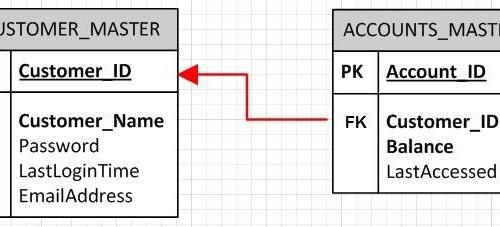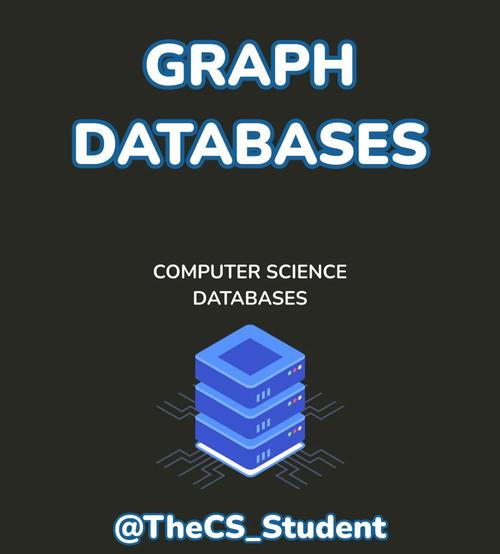数据库的英文,Introduction to Databases
数据库的英文是 database。
Introduction to Databases

In the digital age, databases have become an integral part of our lives, serving as the backbone for storing, managing, and retrieving vast amounts of data. This article aims to provide an overview of databases, their types, and their significance in various industries.
What is a Database?

Types of Databases

There are several types of databases, each with its unique characteristics and applications:
Relational Databases
NoSQL Databases
NoSQL databases are designed to handle large volumes of unstructured or semi-structured data. They offer horizontal scalability and are often used in big data applications. NoSQL databases come in various forms, such as key-value stores, document stores, column stores, and graph databases. Examples include MongoDB, Cassandra, and Redis.
Object-Oriented Databases
Object-oriented databases store data in the form of objects, which are instances of classes. They are used in applications that require complex data structures and relationships, such as simulations and multimedia applications. Examples include ObjectDB and db4o.
Graph Databases
Graph databases are designed to store and navigate highly connected data. They are used in social networks, fraud detection, and other applications that require analyzing relationships between data points. Examples include Neo4j and ArangoDB.
Database Management Systems (DBMS)
A Database Management System (DBMS) is software that allows users to create, manage, and manipulate databases. DBMSs provide tools for data definition, data manipulation, data retrieval, and data security. Some popular DBMSs include MySQL, PostgreSQL, Oracle, Microsoft SQL Server, and IBM DB2.
Significance of Databases in Various Industries
Databases play a crucial role in various industries, helping organizations to manage and leverage their data effectively:
Healthcare
In the healthcare industry, databases are used to store patient records, treatment plans, and research data. They enable healthcare providers to access and analyze patient information, leading to better patient care and outcomes.
Finance
Financial institutions rely on databases to manage customer accounts, transactions, and market data. Databases help in ensuring the security and accuracy of financial transactions and facilitate regulatory compliance.
Marketing
Databases are essential for marketing teams to store customer information, track campaign performance, and analyze market trends. This data-driven approach helps businesses to tailor their marketing strategies and improve customer engagement.
E-commerce
E-commerce platforms use databases to manage product catalogs, customer orders, and inventory. Databases enable seamless shopping experiences, personalized recommendations, and efficient order processing.
Conclusion

Databases are a cornerstone of modern data management, providing a structured and efficient way to store, retrieve, and manipulate data. As technology continues to evolve, databases will remain an essential tool for businesses and organizations across various industries. Understanding the different types of databases and their applications is crucial for anyone looking to leverage the power of data in today's digital world.








